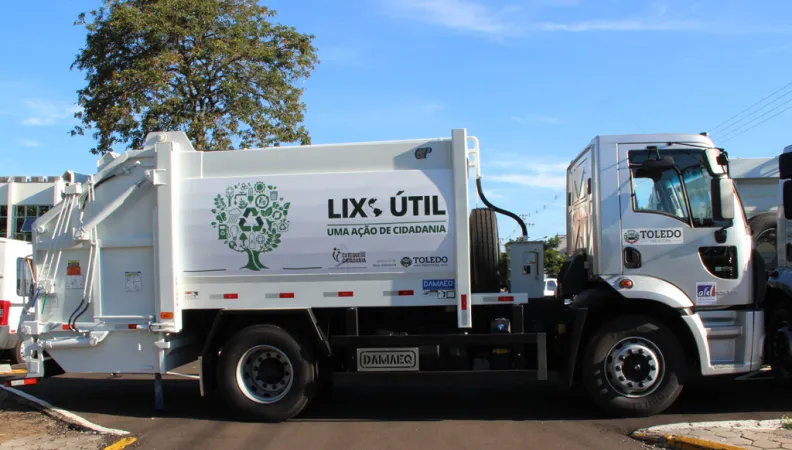Share the page
Supporting Toledo Municipality for sustainable urban and rural development
Project


-
Project start date
-
Status
Ongoing
-
Project duration
-
20 years
-
AFD financing amount
-
€ 9463000
-
Country and region
-
Location
-
Toledo
-
Type of financing
-
Beneficiaries
-
Toledo
-
Type of beneficiary
-
Local public authority
AFD is supporting Toledo’s integrated sustainable development policy, both in cities and rural areas.
Context
Toledo Municipality was founded in 1952 in Paraná State and has over 2,000 family farms. They mainly develop intensive agriculture, pig farming and crop production, on which an agro-industry has been established. The city, which is experiencing strong population growth, has made the environment and its protection a priority.
In 2009, this objective led to the definition of a sustainable development program in urban and rural areas, which AFD decided to support with a loan. Its allocation has allowed a direct dialogue to be established with this well-structured municipality on the innovative components of its policy.
Description
The program comprises the development of rural roads by combating soil erosion, investments for household waste recycling and treatment, the creation of urban parks and networks of cycle paths, the implementation of a collection and recovery system for the biogas produced from pig farming residues, and awareness-raising actions for the population in terms of environmental issues.
Impacts
In addition to the protection of the environment and biodiversity in ecologically sensitive areas (river basins), the program has a positive impact on the local economy (improved access to rural areas, integration of the informal economy for waste sorting). A climate co-benefit is also expected from the biogas recovery.
The project includes:
- 31.6 km of cycle paths;
- Biogas recovery at over thirty pig farms.


